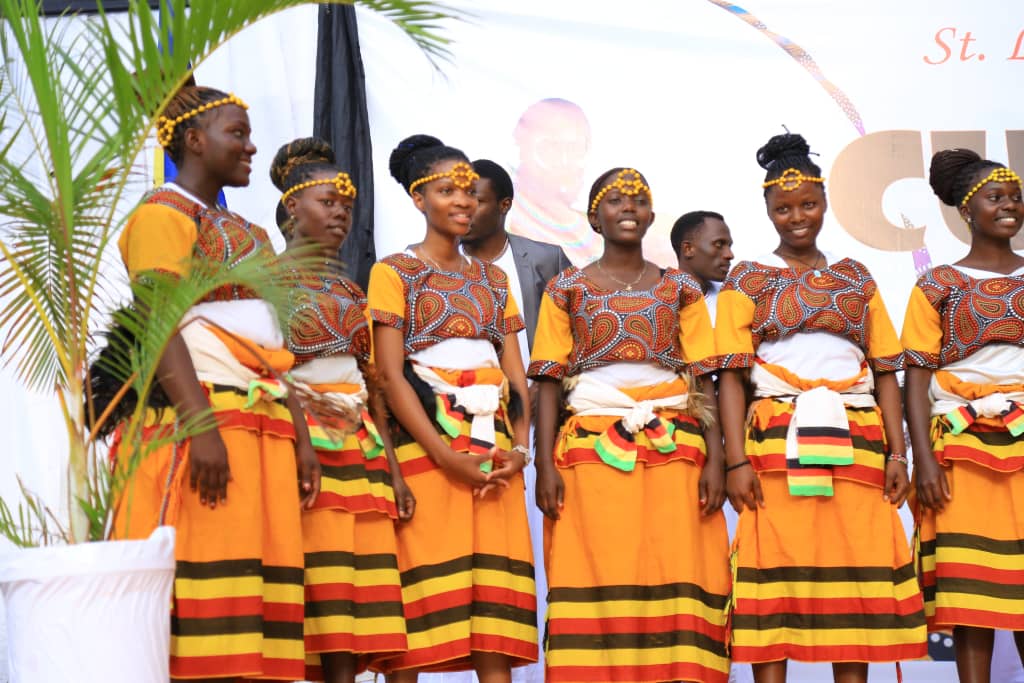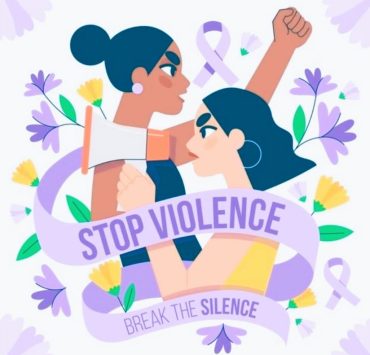“Uganda’s Artistic Landscape: Navigating the Copyright Terrain under the Copyright and Neighbouring Rights Act of 2006”

By Kekimuri Sarah
In Uganda, the Copyright and Neighboring Rights Act of 2006 plays a crucial role in safeguarding the vibrant creative expressions of Ugandans. From the majestic Rwenzori Mountains to the lush forests of the Albert Nile River, the people of Uganda use artistic expression to tell stories and capture the essence of life. This Act is a silent guardian, offering protection to creative works and granting creators exclusive rights over their artistic creations, akin to a hidden treasure chest. Let’s take a journey through this legal landscape where artistic expression meets legal protection, all from the heart of Uganda’s copyright law.

This legislation, the Copyright and Neighboring Rights Act of 2006 serves as the governing framework for copyright and related rights in Uganda. It bestows creators with exclusive rights, allowing them to control the publication, reproduction, performance, broadcasting, and communication to the public of their works. The act defines the eligibility criteria for protection under copyright and neighboring rights, setting forth clear guidelines on how protected works may be utilized by third parties. It also establishes the duration of rights protected by the law and addresses offenses and infringements, outlining penalties and consequences for violations of copyright and neighboring rights.

Despite the Uganda National Musicians Federation’s efforts to amend the Copyright and Neighboring Rights Act of 2006 swiftly to protect intellectual property rights from infringement, many musicians, even well-known ones, do not possess copyrights to their songs.
Uganda recently became a signatory to four copyright conventions in January 2022, including the Berne Convention for the Protection of Literary and Artistic Works of 1886, the Beijing Treaty on Audiovisual Performances (2012), the World Intellectual Property Organization (WIPO) Copyright Treaty (1996), and the WIPO Performances and Phonograms Treaty. These international agreements grant creators exclusive rights to publish, reproduce, perform, broadcast, and communicate their works to the public, among other rights.
The WIPO Copyright Treaty extends copyright protection to computer programs and databases and addresses digital services by granting creators the right to communicate to the public via various means.
The WIPO Performances and Phonograms Treaty safeguards the rights of performers and sound recording producers, while the Beijing Treaty on Audiovisual Performances focuses on the rights and protections afforded to performers in audiovisual performances like movies and television shows. These treaty memberships serve to protect Ugandan creators and those who publish their works in Uganda in all countries that are signatories. As the internet has become a primary medium for accessing and consuming creative content, these treaties provide crucial protection against international piracy while ensuring equal treatment for works created in Uganda or first published there and in other territories.
The Copyright and Neighboring Rights Act of 2006 governs copyright protection in Uganda, protecting owners of rights in various artistic works against those who “copy” their creations. The act sets forth originality, material form, and a degree of permanence as prerequisites for copyright protection, encompassing literary works, dramatic works, musical works, and artistic works. It recognizes both moral rights, such as the right to be identified as an author, and economic rights, including exclusive rights to publish, reproduce, perform, broadcast, and communicate the work to the public. Additionally, the act addresses the assignment and licensing of copyrights.
Although approximately 55% of those employed in Uganda’s creative industries have limited or no formal education, this sector significantly contributes to Uganda’s economy, with some enterprises within it earning as much as 18.5 billion. The creative industry comprises 12,472 organizations and employs over 386,000 people.
In conclusion, according to the Copyright and Neighboring Rights Act of 2006, anyone infringing on copyright in Uganda is liable to a fine not exceeding one hundred currency points or imprisonment not exceeding four years upon conviction. Alternatively, copyright infringement can be reported by contacting the Registrar of Copyrights and Neighboring Rights at the Uganda Registration Services Bureau (URSB), where one can file an application for registration and attach a copy of the work for which protection is sought. This application is subsequently published in the Uganda Gazette for 60 days.





